Building Machine Learning Systems with Python. Explore machine learning and deep learning techniques for building intelligent systems using scikit-learn and TensorFlow - Third Edition Luis Pedro Coelho, Willi Richert, Matthieu Brucher
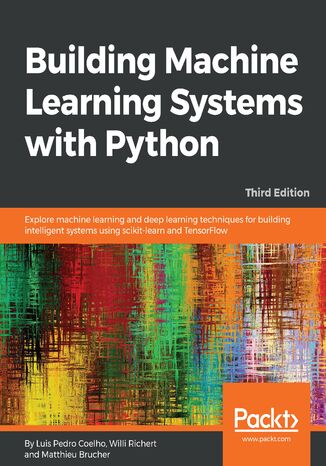



- Autorzy:
- Luis Pedro Coelho, Willi Richert, Matthieu Brucher
- Wydawnictwo:
- Packt Publishing
- Ocena:
- Stron:
- 406
- Dostępne formaty:
-
PDFePubMobi
Opis
książki
:
Building Machine Learning Systems with Python. Explore machine learning and deep learning techniques for building intelligent systems using scikit-learn and TensorFlow - Third Edition
With this guide’s hands-on approach, you’ll learn to build state-of-the-art machine learning models from scratch. Complete with ready-to-implement code and real-world examples, the book starts by introducing the Python ecosystem for machine learning. You’ll then learn best practices for preparing data for analysis and later gain insights into implementing supervised and unsupervised machine learning techniques such as classification, regression and clustering. As you progress, you’ll understand how to use Python’s scikit-learn and TensorFlow libraries to build production-ready and end-to-end machine learning system models, and then fine-tune them for high performance.
By the end of this book, you’ll have the skills you need to confidently train and deploy enterprise-grade machine learning models in Python.
Wybrane bestsellery
Packt Publishing - inne książki
Dzięki opcji "Druk na żądanie" do sprzedaży wracają tytuły Grupy Helion, które cieszyły sie dużym zainteresowaniem, a których nakład został wyprzedany.
Dla naszych Czytelników wydrukowaliśmy dodatkową pulę egzemplarzy w technice druku cyfrowego.
Co powinieneś wiedzieć o usłudze "Druk na żądanie":
- usługa obejmuje tylko widoczną poniżej listę tytułów, którą na bieżąco aktualizujemy;
- cena książki może być wyższa od początkowej ceny detalicznej, co jest spowodowane kosztami druku cyfrowego (wyższymi niż koszty tradycyjnego druku offsetowego). Obowiązująca cena jest zawsze podawana na stronie WWW książki;
- zawartość książki wraz z dodatkami (płyta CD, DVD) odpowiada jej pierwotnemu wydaniu i jest w pełni komplementarna;
- usługa nie obejmuje książek w kolorze.
Masz pytanie o konkretny tytuł? Napisz do nas: sklep@helion.pl
Książka drukowana


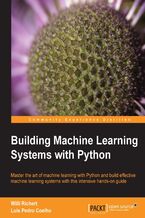


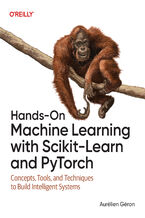


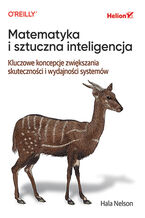

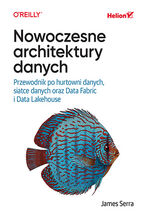

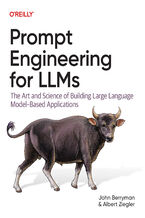
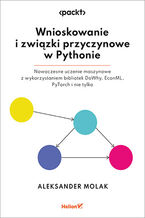








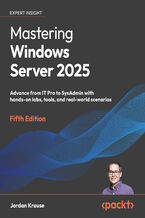

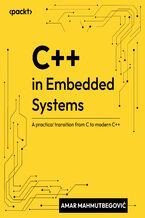
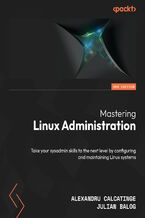
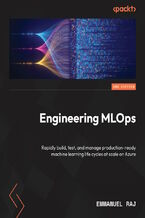
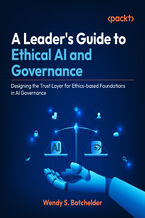
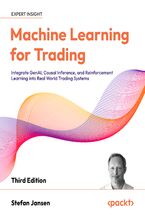
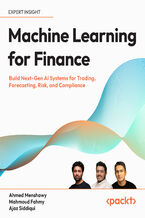



Oceny i opinie klientów: Building Machine Learning Systems with Python. Explore machine learning and deep learning techniques for building intelligent systems using scikit-learn and TensorFlow - Third Edition Luis Pedro Coelho, Willi Richert, Matthieu Brucher
(0)